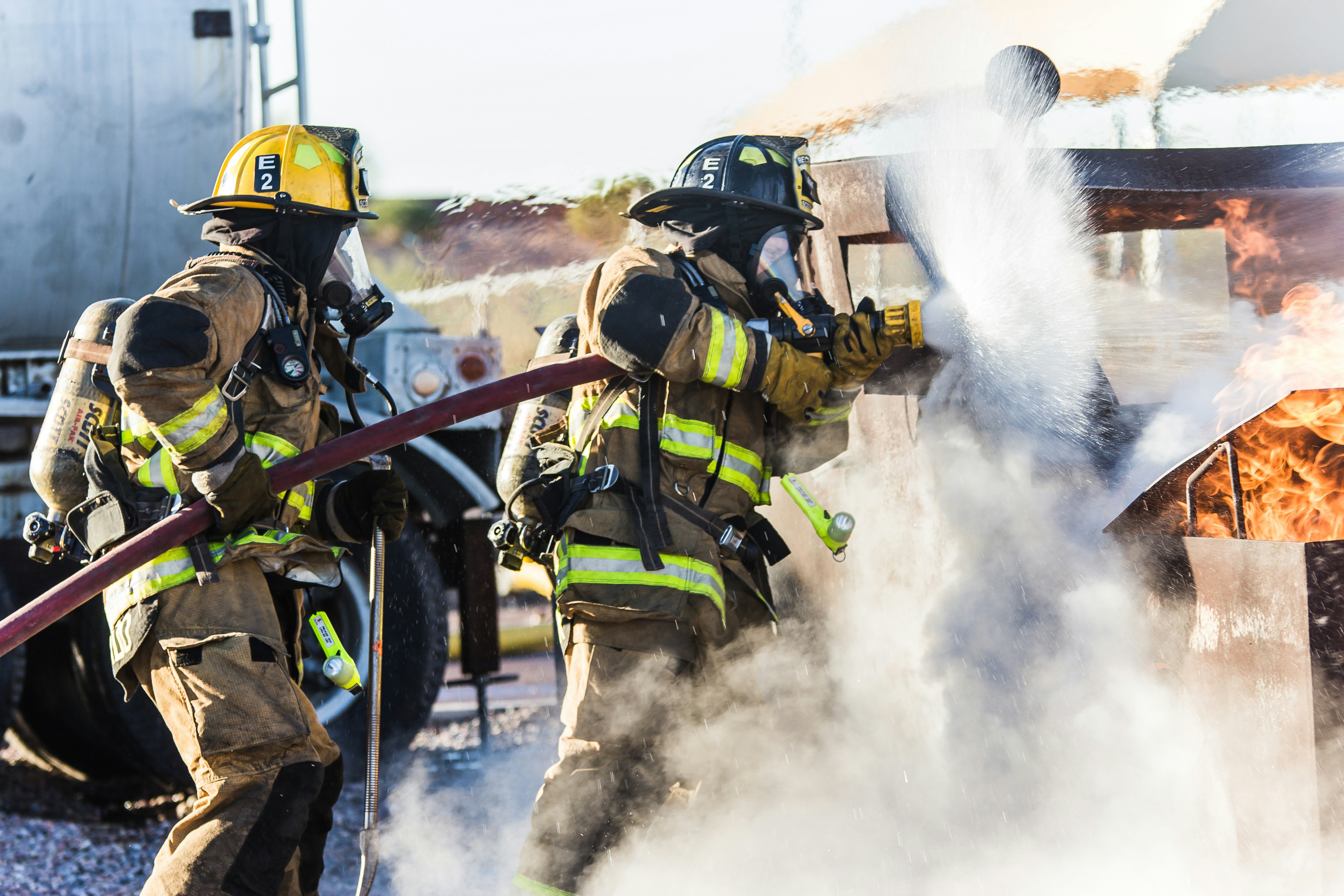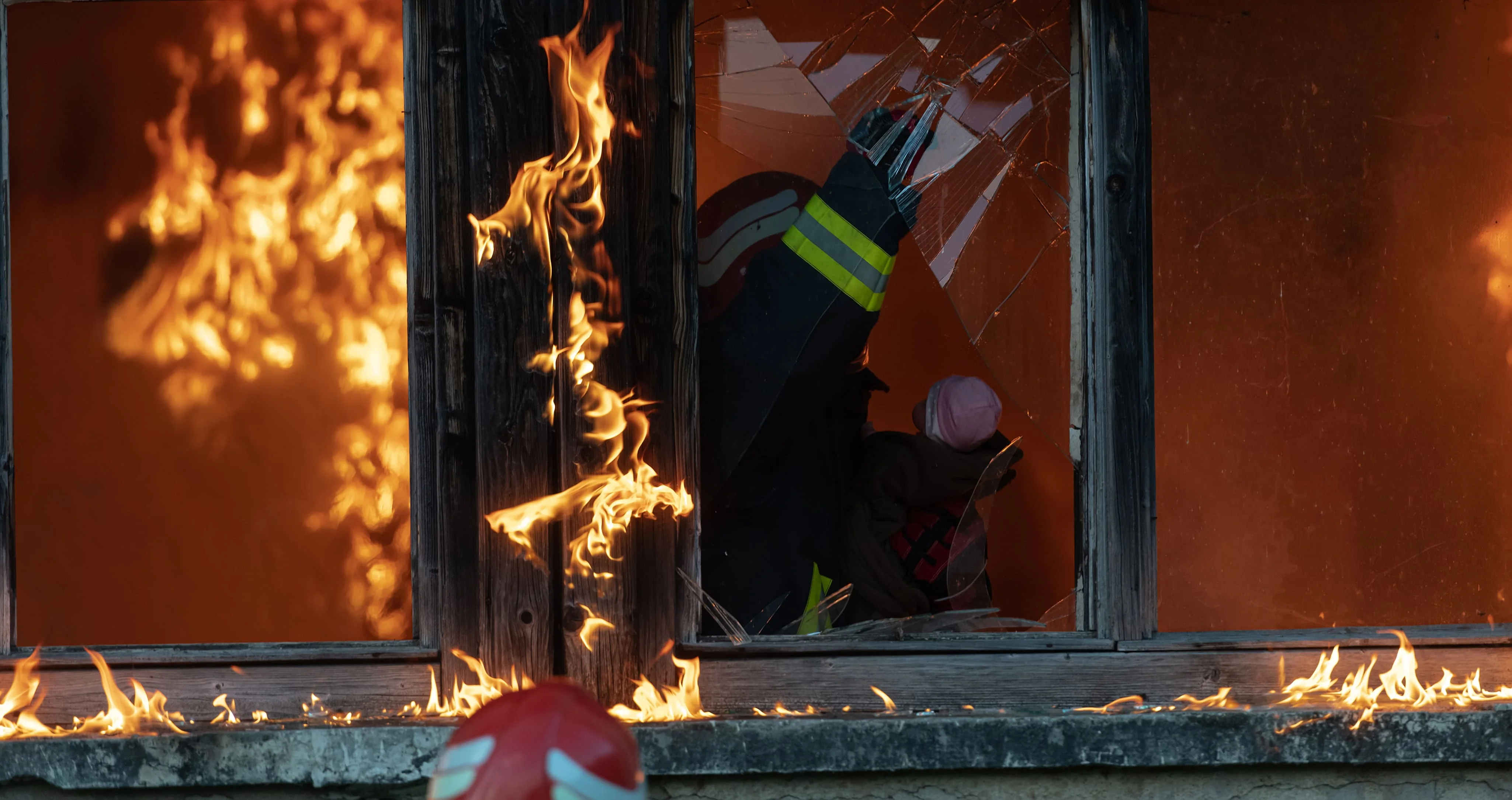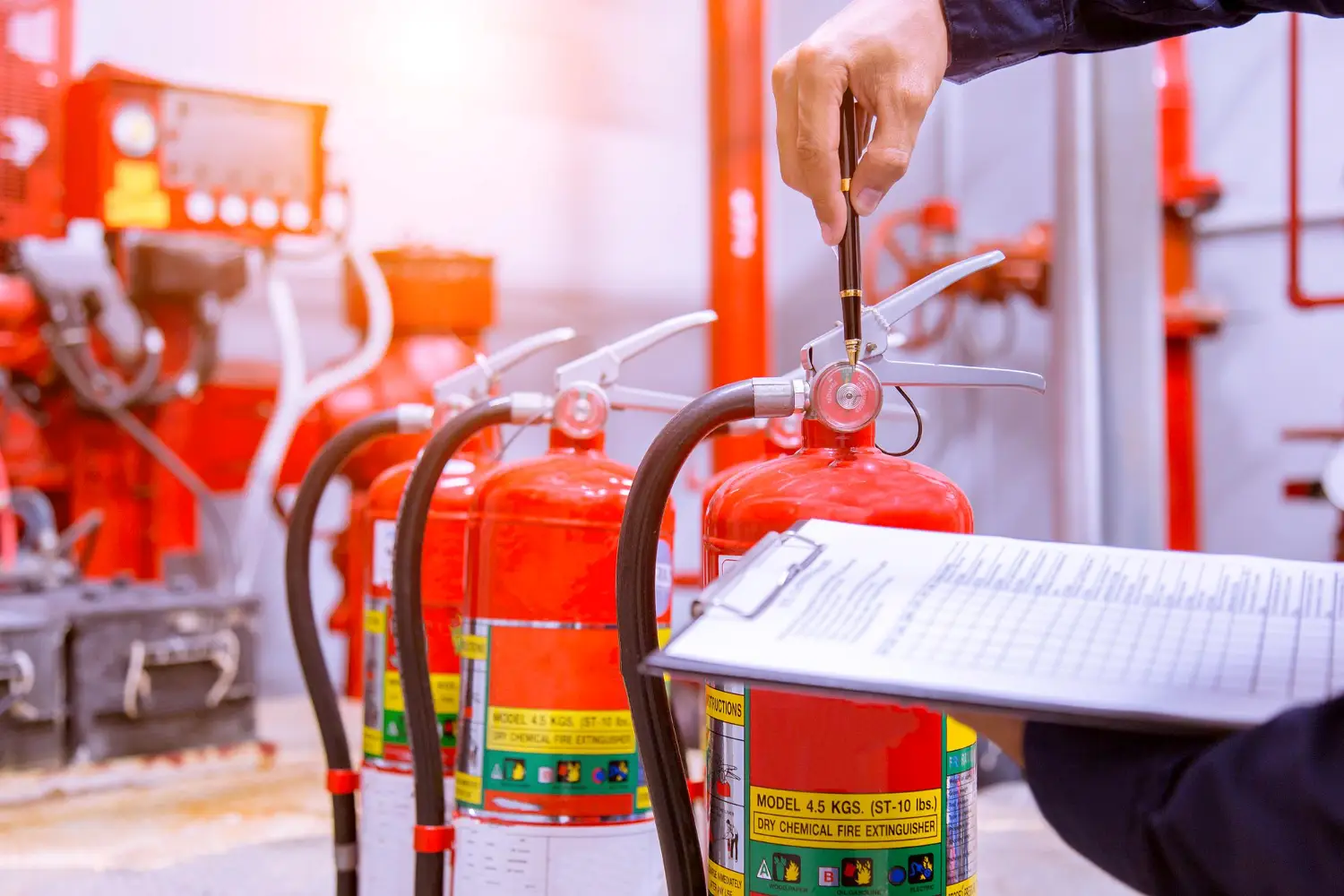Top 6 Missteps In Fire Investigation According To NFPA 921


Unraveling Common Fire Investigation Errors: A Guide to Best Practices
Entering the meticulous realm of fire investigation requires strict adherence to the NFPA 921 guidelines. In this essential primer, we highlight the importance of methodical procedures and how even slight deviations can lead to significant misinterpretations. The six common missteps we'll examine serve as a cautionary tale, underscoring the need for diligence and precision in every investigation. By recognizing these potential pitfalls, professionals can enhance the accuracy and credibility of their findings, ultimately shaping the outcome of fire investigations.
1. Neglecting the Fire Scene Preservation
The integrity of a fire investigation hinges on the meticulous preservation of the fire scene, a principle strongly underscored by NFPA 921. Failure to secure and protect the scene can result in the tragic loss of crucial evidence, compromising the entire investigation. It is imperative that first responders and investigators establish stringent control measures, such as setting up barriers and limiting access, to prevent contamination. Equally important is the thorough documentation of the scene through photographs, sketches, and notes, ensuring that no detail, no matter how seemingly insignificant, is overlooked. This initial phase sets the stage for a rigorous, fact-based inquiry, reinforcing the quest for truth and justice.
2. Overlooking Cognitive Biases
Fire investigations can be significantly impacted by cognitive biases, such as the well-known confirmation bias, where investigators may unwittingly favor evidence that supports their initial theories while disregarding contradictory information. It is crucial for investigators to maintain an open mind and engage in a meticulous examination of the scene. Adhering to the guidelines set forth by the NFPA 921 can help mitigate the risks of premature conclusions and ensure that all plausible causes are considered, thereby upholding the integrity of the investigative process.
3. Insufficient Investigation Process
Conducting an incomplete fire investigation can have dire consequences, such as wrongful determinations that may lead to liability issues or overlooking criminal activity. The NFPA 921 guide emphasizes the importance of a systematic approach, outlining critical steps to establish the fire's origin and cause accurately. Skipping steps or neglecting a methodical procedure can result in missed evidence or incorrect conclusions, potentially compromising the integrity of the investigation. Investigators are urged to adhere to the recommended practices to ensure thorough and credible findings.
4. Lack of Continual Education
In the meticulous field of fire investigation, ongoing education is paramount. Adhering to NFPA 921 guidelines, professionals must stay abreast of the latest advancements in fire science and technology. This continuous learning ensures investigations are conducted with accuracy and reliability. Without it, investigators risk falling behind in methodology, potentially leading to erroneous conclusions and the undermining of legal proceedings. Therefore, a commitment to lifelong learning is not just recommended—it's an essential component of upholding the integrity of fire investigative work.
5. Disregarding the Importance of Peer Review
Peer review stands as a cornerstone of quality control within fire investigation, offering an invaluable layer of scrutiny that bolsters both accuracy and credibility. NFPA 921 advocates for this collaborative process, emphasizing its role in detecting errors and oversights that could compromise the integrity of an investigation. Ignoring peer review not only flouts these recommendations but risks perpetuating flawed findings, underscoring why peer review is deemed an essential step by seasoned fire investigation professionals.
6. Ignoring the Value of Professional Tools
Fire investigation missteps can be drastically reduced through the utilization of professional tools and platforms. Utilizing a case management platform like Blaze Stack ensures that documentation and reporting are streamlined, adhering to the NFPA 921 and 1033 standards. Such tools offer consistency in fire investigations with customizable reports, aiding investigators in maintaining a high level of precision and efficiency in their work. Embracing these advanced resources is essential for contemporary fire investigation units seeking to enhance their operational effectiveness and case management capabilities.
Harnessing Expertise and Technology in Fire Investigation
A thorough analysis of the top 6 missteps in fire investigation, based on NFPA 921, reveals a crucial need for meticulous attention to detail and the adoption of advanced technologies. Reflecting on one's investigative practices is vital for improvement. Utilizing a sophisticated case management platform like Blazestack can significantly enhance the accuracy and efficiency of fire investigations. By streamlining data collection and report generation, investigators can avoid common pitfalls and ensure adherence to the highest standards. Discover how Blazestack’s solutions can transform your fire investigation process. Don’t hesitate to explore our offerings and schedule a free demo today.
Trusted by Public and Private Investigator Teams Everywhere
Whether you're a big state agency, a small local fire department or somewhere in between, Blazestack software (NFPA 921® & CJIS compliant) collects fire scene data and generates standardized origin and cause reports in a fraction of the time of other methods.
To learn more about Blazestack, give us a call at (866) 303-4344 or email us at support@blazestack.com
Get Your Free 14-Day Trial and Custom Price Quote Now
We'll let Blazestack do the talking. Try it out right now for free.
A member of our staff will be in touch shortly.


